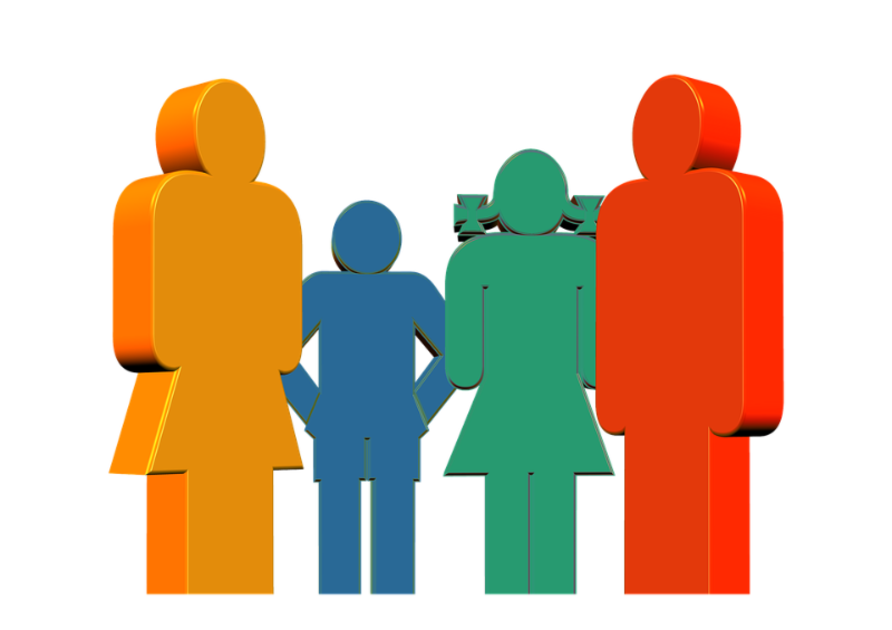
Sanctions with Dignity– Parshat Ki Teitzei
When someone wrongs us, there is often an emotional reaction that includes a need to punish or revenge the wrong. It can be based on anger, frustration, disappointment or a host of other emotions. The reaction may even be appropriate. Someone cut us off while driving. They acted dangerously imperiling others and me. Anger may be the most appropriate response. Is there a limit to that anger or to what action may be taken? Should we drive him off the road or just honk loudly at him? Is road rage healthy for us? Does it make us better drivers? Better people? What kind of action may be sanctioned? Who gets to decide???
As parents this question of our reaction to their behavior also comes up often. How do we punish our children? Or do we? What is the best and wisest way to educate them?
In meting out punishment, the Torah is careful to watch out for a person's basic dignity - even if he is guilty of wrongdoing. Before a flogging, for instance, he is still considered as guilty and evil. But as soon as he receives the deserved punishment, he is called brother.1 Even more so, if we see that while receiving his punishment he loses a bit of his humanity, we halt the process of his punishment and, as Rashi points out, we consider him again as a 'brother'. We shall not create a situation where someone, though originally deserving of punishment, will be totally humiliated. It is not good for him nor is it good for society to have or see someone humiliated.2 Humiliation is not the goal.
When our children make mistakes, do we punish them appropriately? Do we sometimes lose our cool and set in place sanctions that are exaggerated? Are we careful in safeguarding their dignity? What happens to us when we punish them? This is not to say 'don’t punish'. Punishment/sanctions may be warranted. Just be aware of what it does to the recipient and what it does to you. Are you prepared for those results? Are those the desired results? How does our reaction aid them in their lives and their search for meaning? How does it help us? Be clear for your own sake.3
When we experience an emotional reaction to someone else's behavior, we also need to check what effect it has on us. We are concerned here with how we react and we wish to be proud of that reaction. You will be able to sleep better knowing that your response was appropriate. Our wish, after all, is to build a better world for ourselves and those around us.
There are sanctions for unwanted behavior of others and ourselves – some are societal and some are personal. We are responsible for our own actions4 - even those taken in the heat of the moment. Perform in a wise manner that will build a better world and in which you can be proud of the control you exercise over your actions and reactions.
Click here for another logoParsha article on Parshat Ki Teitzei (Meaning In Suffering)
Notes
- Devarim 25:3
- Makkot 22b - Note the additional wording "before you". It seems unnecessary unless we say that it is not good for those law enforcers to see someone in this situation – so humiliated that he even wets or dirties himself due to the emotional strain.
- The book "How to Talk so Kids Will Listen...And Listen So Kids Will Talk" by Adele Faber and Elaine Mazlish is a classic and one of the best books ever written on the subject. The authors offer real examples and solutions. It is highly recommended reading
- Taking responsibility for our actions, according to Viktor Frankl is one of the most honorable and liberating things we can do for ourselves.
Have A Great Shabbat!![]()
For More Information On Logotherapy And How You Can Create A Fuller, More Meaningful Life, Or To Book An Online Session,
- Call Me At +972-54-589-3399, or in Israel 054-5893399
- Contact Me Thru my email at [email protected]

 Previous
Previous

